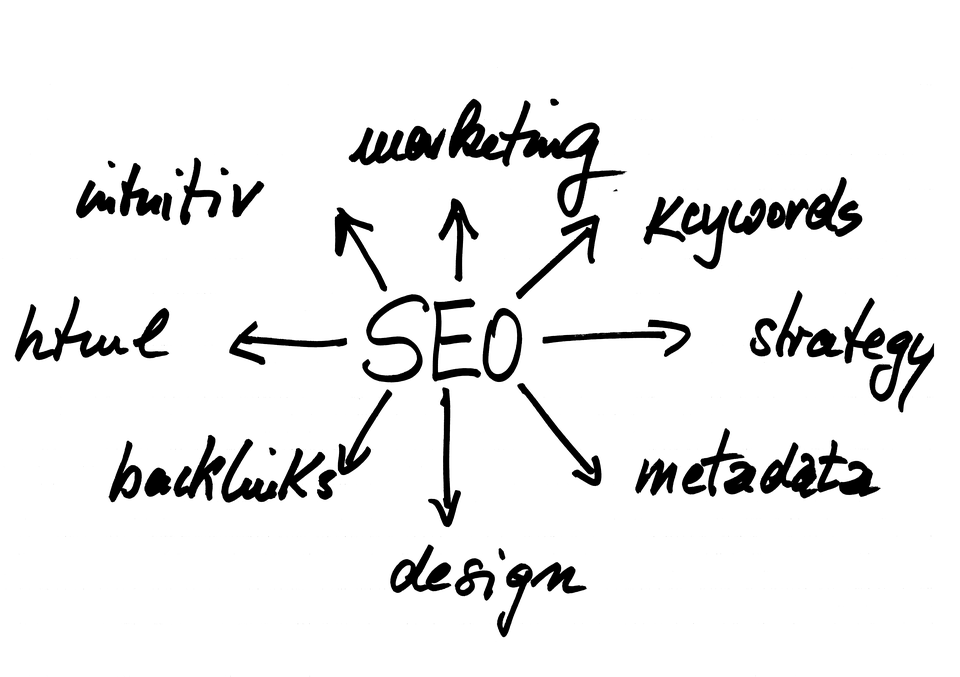8 SEO Strategies to Stop Using Now
By Anne Leonard
In just the last few years, technology and SEO strategies have advanced tremendously. This of course means there are the SEO strategies that you should be using, and the ones you should stay away from.
Here are 8 SEO strategies to stop using now:
1. Ignoring other search engines
It’s true that Google is the top search engine for gaining organic traffic, but that doesn’t mean search engines like Bing and Yahoo should be overlooked. Though the organic traffic you’ll obtain will be less through these other sites, they still prove to be a viable source for SEO data.
2. SEO data in WordPress
It’s a possibility that you can lose your SEO data if you solely use the SEO features within WordPress. To prevent the loss of precious SEO data and the headache of having to reenter metadescriptions and other data, separate your presentation from your content.
3. Ignoring mobile site optimization
Simple, you’ll miss out on mobile traffic if you do not make your site mobile-friendly. Being mobile-friendly is crucial, regardless of whether or not your audience primarily uses their desktop computer to access your site.
To optimize your site for mobile, here are a few tips:
- Do not place links too close together in the text so they can be easily tapped.
- Veer from using software that’s not mobile-friendly, like Flash.
- Configure your site so that the reader can read the text when zooming in.
4. Intrusive interstitials
Intrusive interstitials are essentially any content that disrupts access to your site. There are cases when interstitials are helpful and times when they are not. Helpful interstitials are cookie pop-ups, age verifications or banners. Unhelpful interstitials are pop-ups or standalone pop-ups.
5. Posting (low-quality content) daily
If you can post high-quality content on a daily basis, that’s great. The key is to post quality, curated content. However, if you’re posting low-quality content, this can affect your rankings with search engines. If you’re guilty of practicing the latter, there’s still hope! Go to an old post that is ranking high in search engines, update it with relevant content, and change the publication date.
6. Targeting multiple keywords
Yes, targeting keywords is important. However, you should not try to target more than one keyword or phrase on a single page. To be the most effective, break up the article into multiple posts for each individual keyword or phrase.
7. Submitting your site to search engines
In the past, it was a common practice for sites to submit their sites to search engines. Nowadays, Google uses tools called “web crawlers” to scan the internet and find active sites.
8. Outdated linking strategies
Stop taking shortcuts to link building. Shortcuts include placing keywords unnaturally and buying or selling backlinks. The solution? Write fresh, high-quality, relevant content and connect with others who are doing the same.

